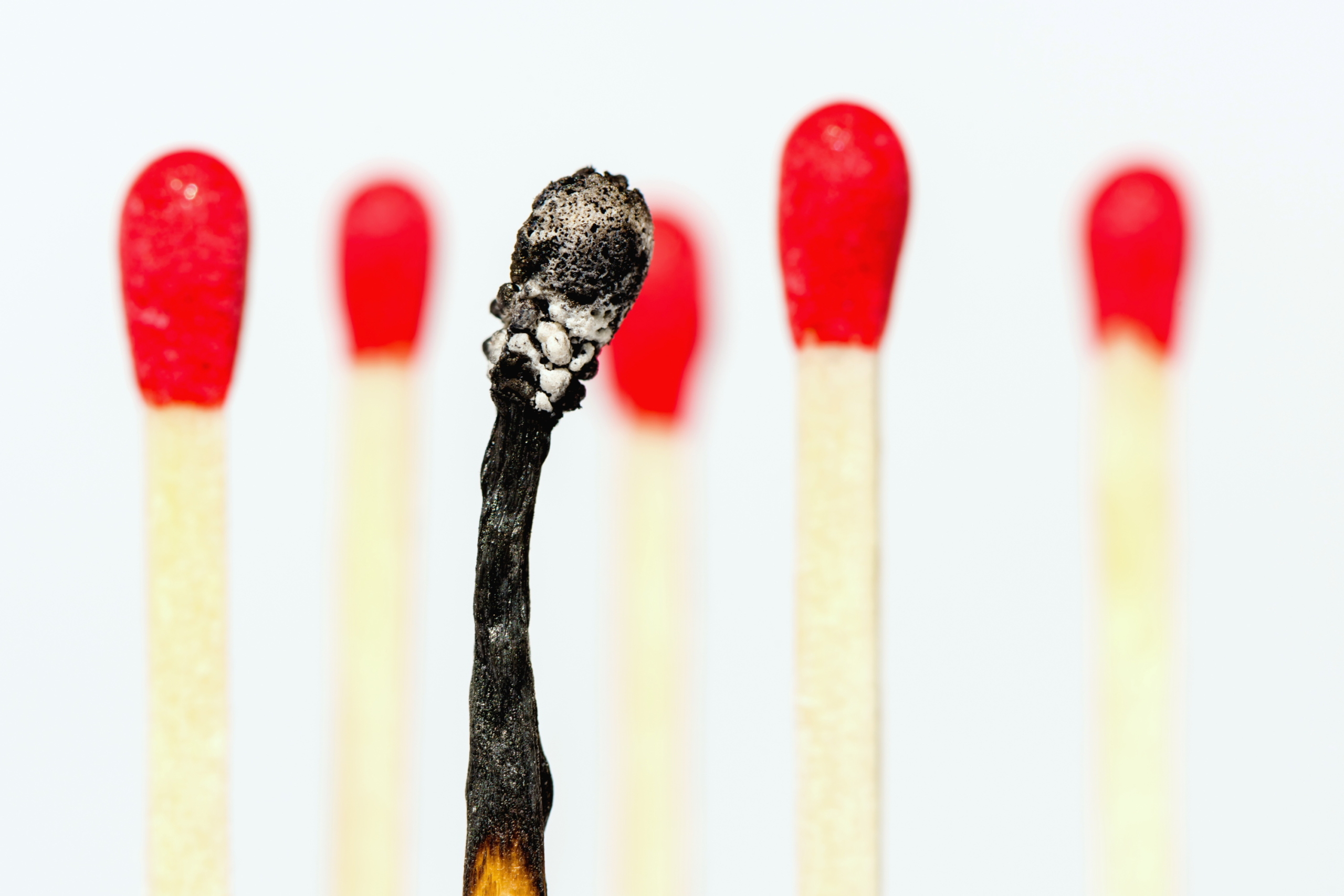Sign up for the daily CJR newsletter.
Most journalists think they are good at dealing with stress. But they are not.
“Things like addiction problems, high anxiety, promiscuity and PTSD are pretty much ubiquitous,” says Anna Mortimer, a former Moscow correspondent for the Times of London, particularly when it comes to war correspondents.
Mortimer’s father, David Blundy, who was killed while on assignment for the Sunday Correspondent, a short-lived British newspaper, in El Salvador in 1989, belonged to a generation of journalists who dealt with occupational stress without seeking mental health care. “His generation, in the ‘70s and ‘80s, were chain smoking, drinking…they wouldn’t have dreamt of getting help,” Mortimer said. “I see all those people as terribly unwell adrenaline addicts.”
Through psychotherapy, Mortimer realized that the trauma she carried was a legitimate response to what she witnessed as part of her work. “You’d be weird if you weren’t traumatized,” she says. “It’s important to know that of course you won’t get over it. These things stay in your head. I think the idea that you can avoid it is nonsense.”
She has since helped found The Mind Field, a network of therapists who have experience in international reporting or international aid, and who serve clients in those fields. It is one of a number of endeavors that seek to address both the ubiquitous stresses of being a reporter, and the peculiar challenges of a politicized era in which journalists are widely vilified and pointed out as targets for mob retribution by the US President.
Groups like the Committee to Protect Journalists and the Dart Center for Journalism and Trauma are publishing guides and training reporters. And Thompson Reuters has hired a journalist mental health and wellbeing advocate to help editors and reporters manage the need for mental health care
“It used to be that whenever the press used to put up their pass, they were off limits as targets, but they’re becoming targets more,” says Dr. Elana Newman, the research director at the Dart Center for Journalism and Trauma at Columbia University.
It’s hard to say with any precision to what degree such hostility is a source of stress. But the American Psychological Association found in a 2016 study that 57 percent of Americans described the political climate as “a very or somewhat significant source of stress.”
This is potentially acutely true for journalists who cover politicized issues, says Dr. Lynn Bufka, the assistant executive director for practice research and policy at the APA. “Ten years ago, the political climate was less in your face unless you lived in the greater D.C. area, and you get this kind of news anywhere in the country now from both traditional news sources and social media.”
While Newman says journalists often hide mental health troubles behind a veneer of bravado, those working in fields like medicine and the military have more direct access to counseling. “Journalists were behind other first-on-the-scene fields,” Newman says. “But I think that stigma is changing. People are now talking about it.”
It’s no longer just war correspondents who are in need of mental health care. “There are some subgroups that are more at risk, like reporters who cover cops or war or disasters,” Newman says. “But journalists in all areas need some training in how to cover trauma. It comes up in every beat.”
The usual response to trauma, Mortimer says of her clients, is exhaustion, and a temptation to leave their job. “They’re saying, ‘I don’t want to do this anymore,’ rather than deal with the emotional fallout. And that’s why burnout is huge,” Mortimer says.
The increasing presence female reporters has worked to alleviate the stigma around mental health treatment in the industry. Newman says that women entering the field are slowly breaking down attitudes that reporters “should suck it up.”
Bufka advises that reporters start by eliminating stressors in their environment where they can. “You have to look at how much of the environment do you have a choice in: where you’re living, the work that you’re doing, and asking, ‘What do I have the capacity to change as to what’s best for me?’ versus ‘What do I have the desire to control and can’t?’” Bufka said.
For many journalists, it’s in asking these questions that they realize the value of mental health care. “The peculiar thing about mental health,” Mortimer says, “is that people are willing to talk about it in other people. People say it’s a great idea and say there are so many people who need it. But they don’t see that in themselves.”
Admitting you need help, she says, is an act of bravery, not cowardice. “Everyone who goes into therapy feels a bit unworthy in that they haven’t suffered enough,” Mortimer. “But once you admit it’s your narrative, your story, and once you can accept that, you might be able to move on.
Has America ever needed a media defender more than now? Help us by joining CJR today.







